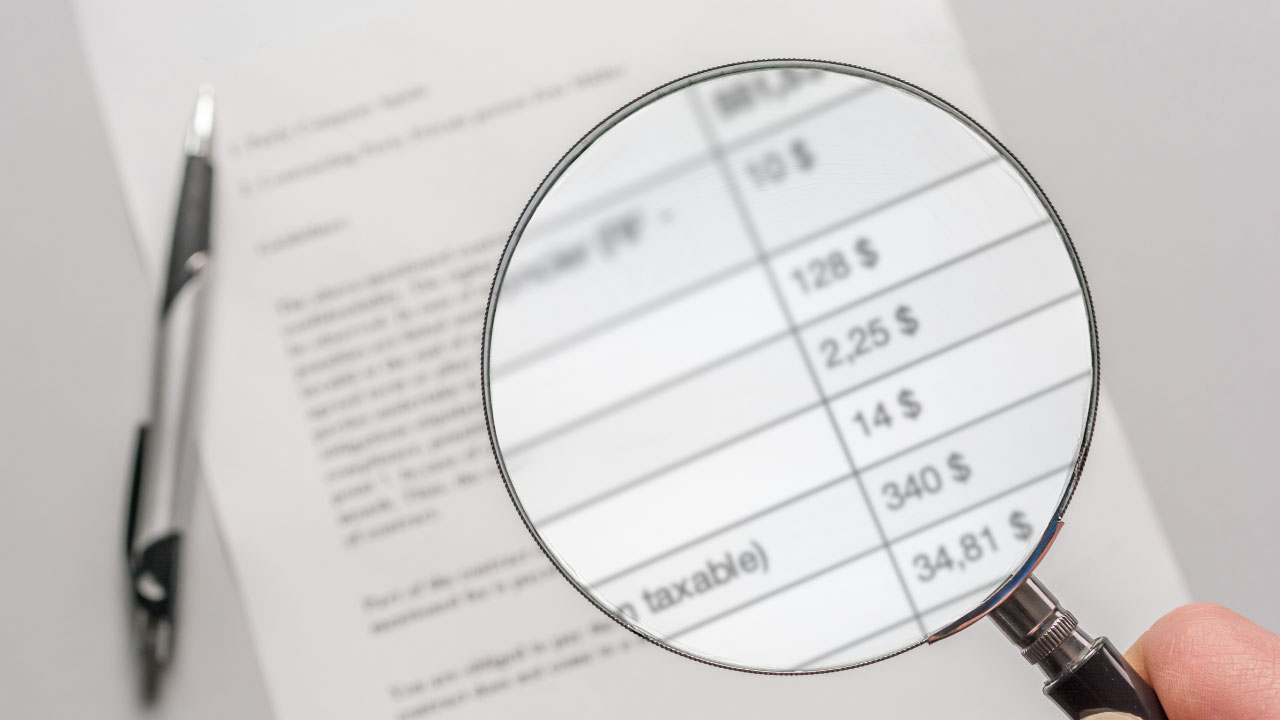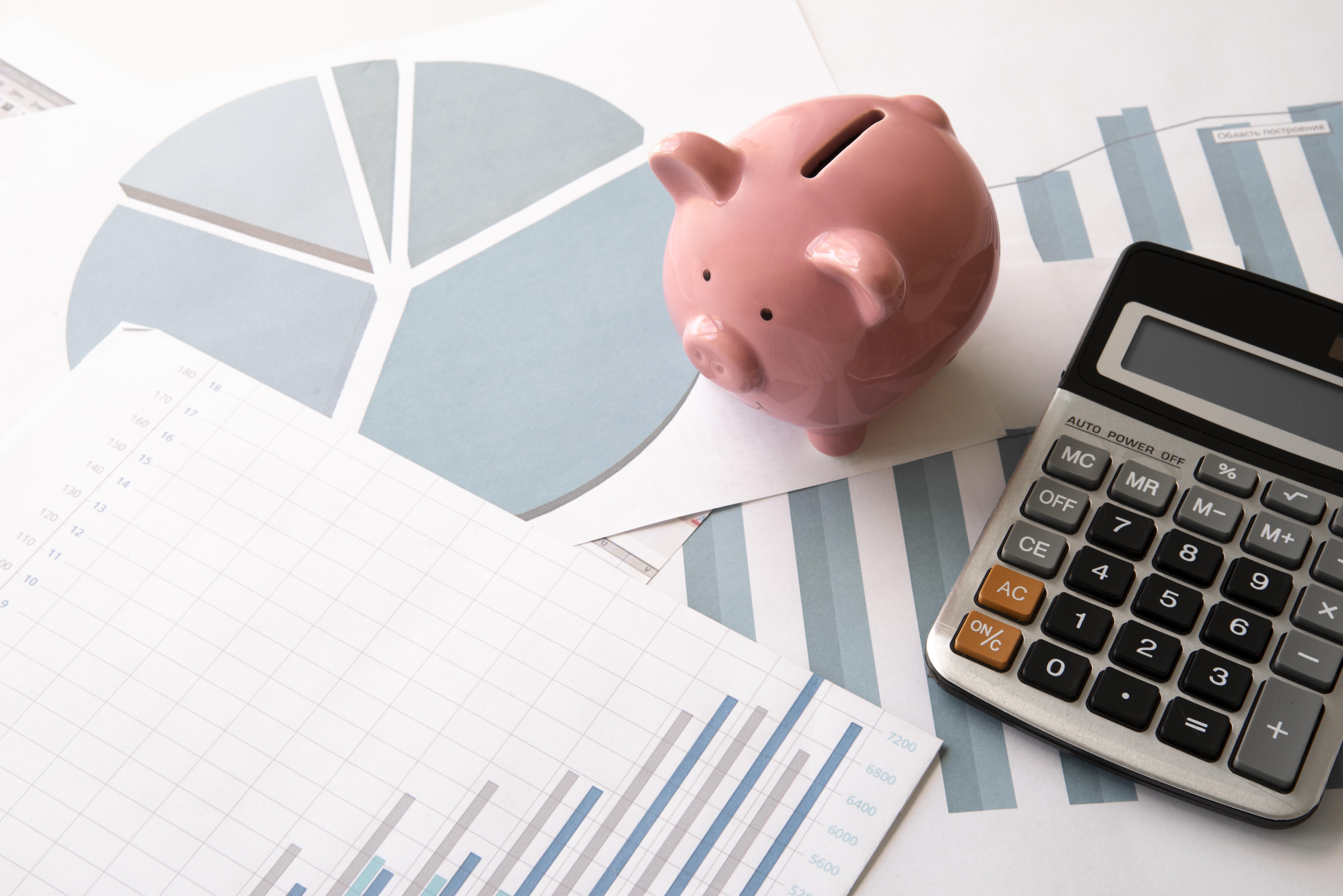Mortgage refinancing involves replacing an existing loan with a new loan, with different terms such as a lower interest rate or a longer repayment period. This can be a good option for homeowners who want to lower their monthly payments to consolidate debt or access their home equity for projects of interest. And even carry out renovation projects in their home, such as adding a garage or a simple bathroom renovation, and thus improve their quality of life.
If you decide to refinance your home, here are some important steps to take to help you achieve your financial goals:
Before refinancing your home, make an appointment with your Desjardins financial advisor to discuss your borrowing capacity, the new rates offered and the new conditions. The interest rate is significant and varies depending on the market. Your advisor can help you make the best choice for your financial situation.
You will need to provide proof of income, favorable credit history, and proof of stable employment for the lender to approve your refinancing application and finalize the new mortgage loan with you. You will then discuss interest rates, amortization (length of loan, usually between 20 and 30 years), and term, which determines when you need to renew your loan usually between one (1) and five (5) years.
What you need to know is that at the end of the term your full amount must be repaid. At this point, there are 4 possible choices. Either you pay back in full, easy if you won Loto Québec! Either we refinance with the same lender or another. Either we pay part of the loan and refinance only the difference, or we refinance by increasing the loan to receive an amount. Make sure you manage the deadline well to avoid an unpleasant situation like not being able to renew the loan because our finances have become too tight. In a future column, we will analyze interest rates to help you make an informed decision.
Alternatively, you can pay off part of the loan and refinance the difference, or you can refinance by increasing the loan to receive a sum of money. Be sure to manage the maturity date well to avoid an unpleasant situation like not being able to renew the loan because your finances have become too tight. In a future article, we will analyze interest rates to help you make an informed decision.
What are the costs associated with refinancing?
Refinancing your property in Quebec can include costs such as appraisal fees, and possibly legal fees. Also, if you decide to renegotiate a loan before it matures, be aware that there will be penalties from your lender because you are changing the contract before the term ends. And be careful, some lenders do not accept this, and if you insist on refinancing faster than planned, the penalty could be all the interest until the end of the contract you signed.
Legal fees, also known as notary fees, are paid to the notary (a legal professional authorized to perform various legal tasks, such as drafting and registering the documents you sign), who is responsible for ensuring the validity of the mortgage for the lender. The notary conducts several verifications to ensure that everything is in order before having you sign the documents either in their physical presence or via videoconference. They will also provide you with legal advice related to your transaction and answer any questions you may have.
The total cost of notarial fees can vary, but in general, they only represent 50% of the notary's bill. In fact, there are many fees that the notary pays on your behalf. The notary is a legal advisor specializing in real estate, with the same basic education as a lawyer, they also have a master's degree in law.
To further understand the actual cost of a notary for your mortgage refinancing and gain valuable insights, we invite you to read our article entitled "The Real Cost of a Notary for Your Mortgage Refinancing: What You Need to Know." You can find this article on our website.











